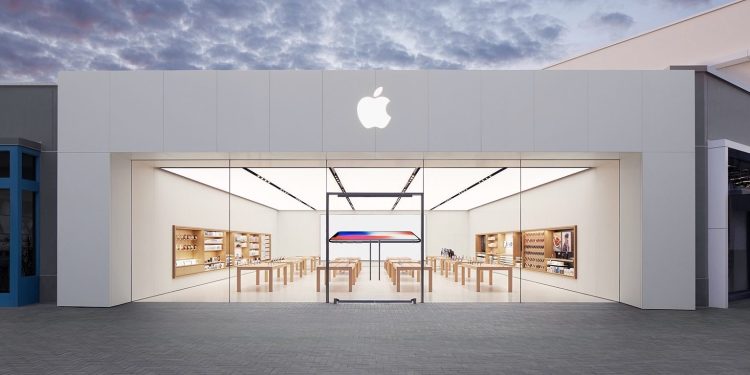If it wasn’t obvious before, it’s now crystal clear that we’re living in dangerous times — an era when government officials somehow continue to question the seriousness of the deadly coronavirus, and medical experts require not just safety masks but security details. Less than two weeks ago, U.S. President Donald Trump said he wanted businesses and churches reopened by Easter — April 12 — and a leaked memo from Apple detailed the company’s plan to start reopening some brick and mortar stores within the same general timeframe.
At that point, an argument could have been made for reopening select stores in unaffected areas — say, cities without bans on public gatherings, or countries that haven’t yet experienced outbreaks — but even so, getting back to business as usual seemed at least somewhat premature. Trump’s claim at the time was that the economic cost of shutting America down to fight COVID-19 was more dangerous than the disease itself, but health officials have universally disputed that, noting that death tolls could climb into the hundreds of thousands or millions. Today, over 55,000 people have died, and more than a million have been diagnosed as infected, numbers that are expected to dramatically rise by April 15.
So it’s not a surprise that Apple reversed its prior plans this week, letting employees know (in another leaked memo) that it’s now planning to keep its retail stores closed until early May. Though that’s a full month away right now, Apple retail SVP Deirdre O’Brien wrote that the company continues “to monitor local conditions for every Apple facility on a daily basis” and will make “reopening decisions on the basis of thorough, thoughtful reviews and the latest guidance from local governments and public health experts.” O’Brien’s latest memo leaves ambiguous whether the company’s May reopening plans are limited to U.S. stores, but they’re certainly covered.
Those of us who have lived through prior outbreaks (albeit at a much greater distance than this) know from experience that scientists, epidemiologists, and other medical professionals try their best to manage these situations, but work with incomplete and evolving data that requires course corrections over time. Yesterday’s best practice may be tomorrow’s mistake; reasons for cautious optimism may give way to utter caution, or flip in the opposite direction. People who try to make business decisions based on the current state of medical guidance are taking a risk, regardless of whether they opt for boldness or caution.
June 5th: The AI Audit in NYC
Join us next week in NYC to engage with top executive leaders, delving into strategies for auditing AI models to ensure fairness, optimal performance, and ethical compliance across diverse organizations. Secure your attendance for this exclusive invite-only event.
Regardless, this clearly isn’t the right time for a bold resumption of the prior status quo. Beyond the changing federal message, uneven measures taken by individual U.S. states and cities have apparently given some people the impression that they needn’t self-isolate or even follow the most basic social distancing guidelines. This has become a problem in places with gathering bans, where some people openly disobey the rules, as well as places without bans, where hoping people will exercise good judgment is apparently too much to ask, and COVID-19 infections continue to grow.
In the absence of a uniform, unambiguous federal policy that keeps everything closed until the outbreak subsides, the best we can hope for is that companies put the long-term interests of their employees and customers ahead of their short-term desire to generate revenue. Apple may have been ready to start moving in the wrong direction last month, and it’s still not doing everything right across the board, but keeping at least its U.S. retail locations closed through early May was the right call for public health. Here’s hoping that other retailers — and government officials — are wise enough to follow its example.

